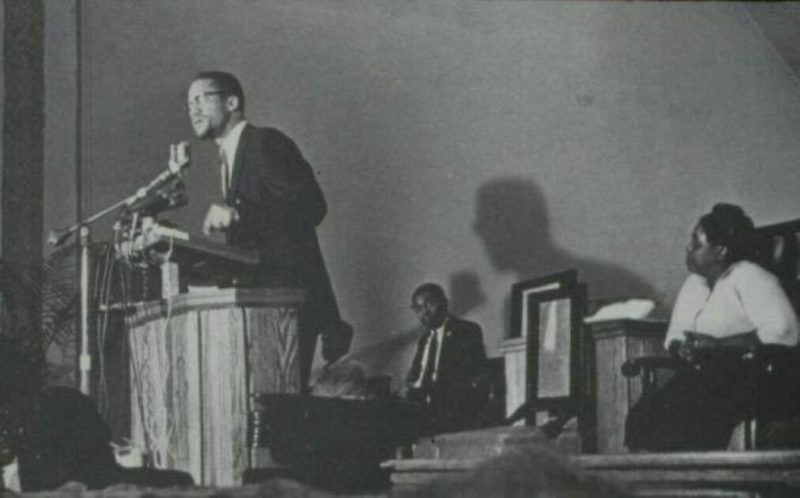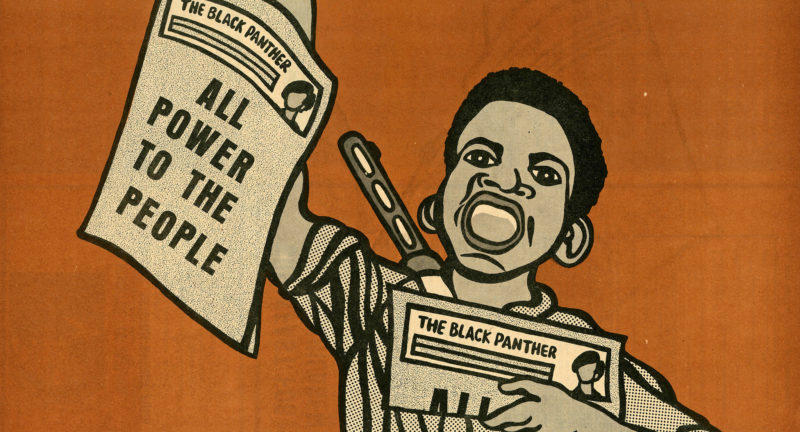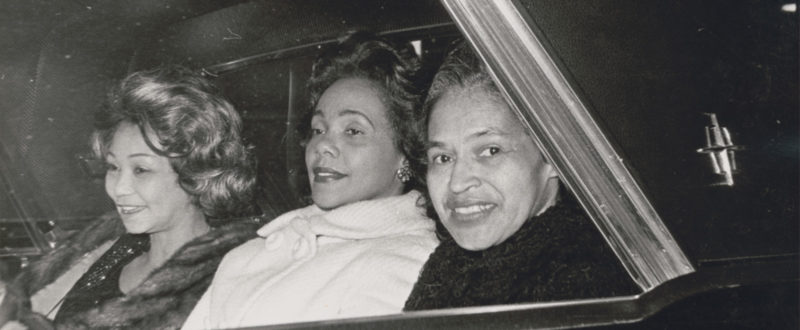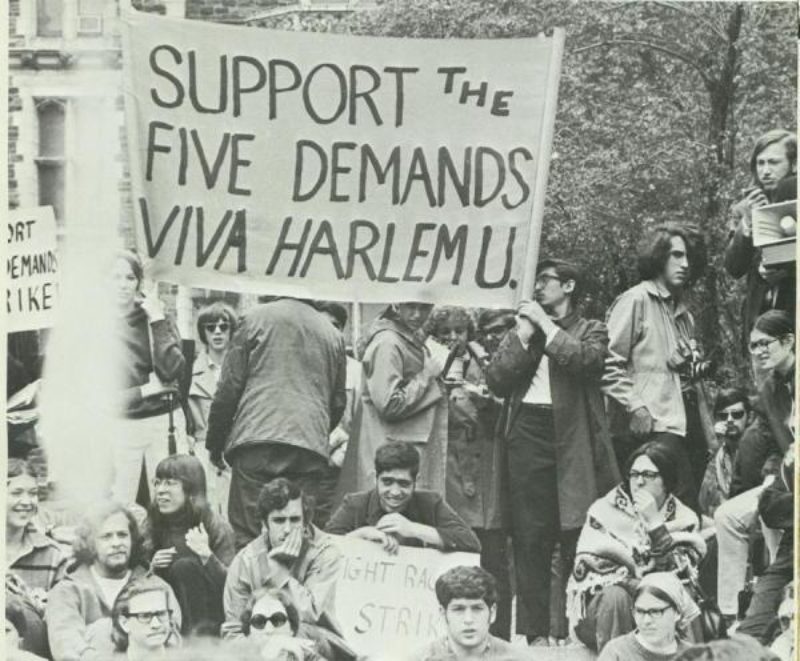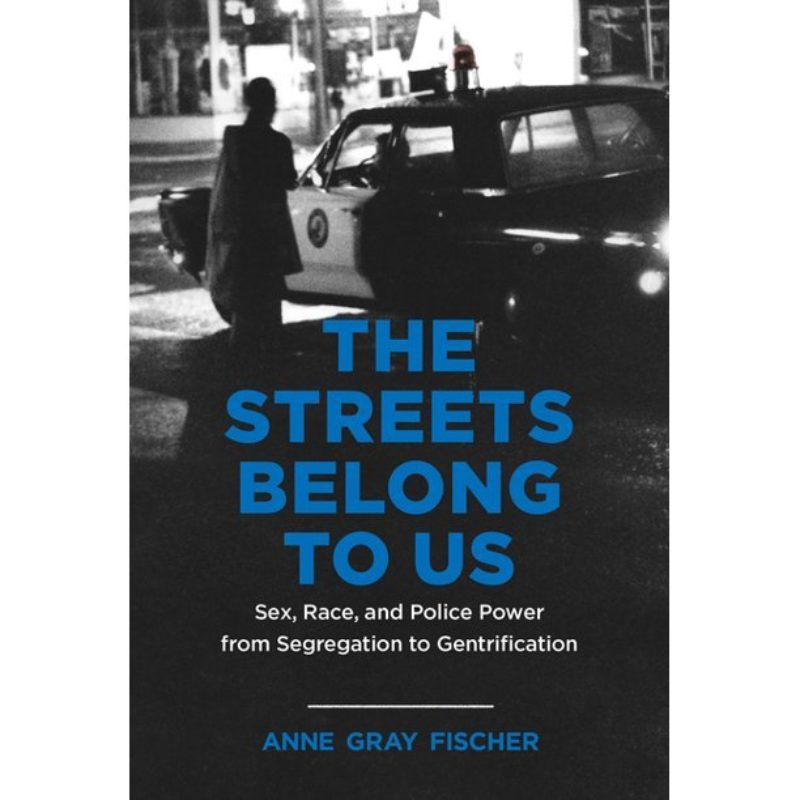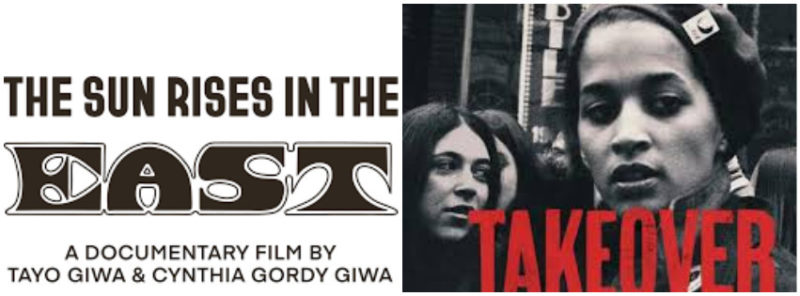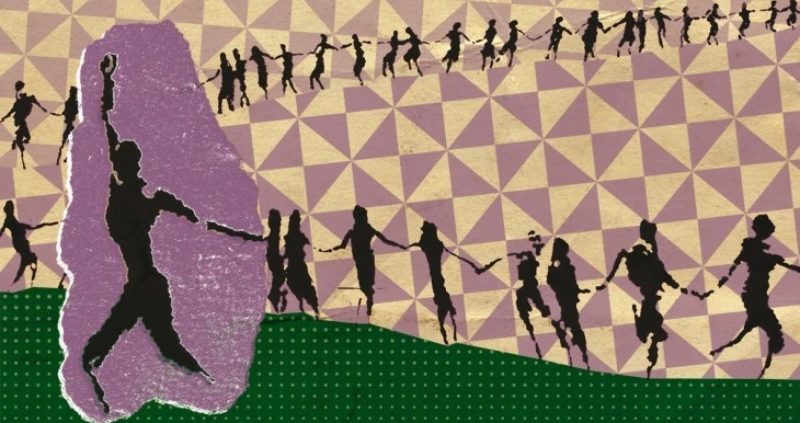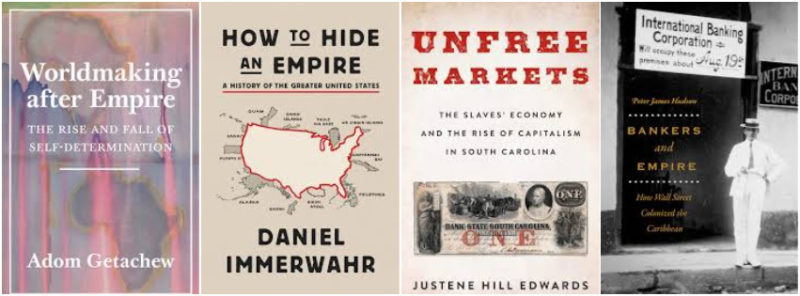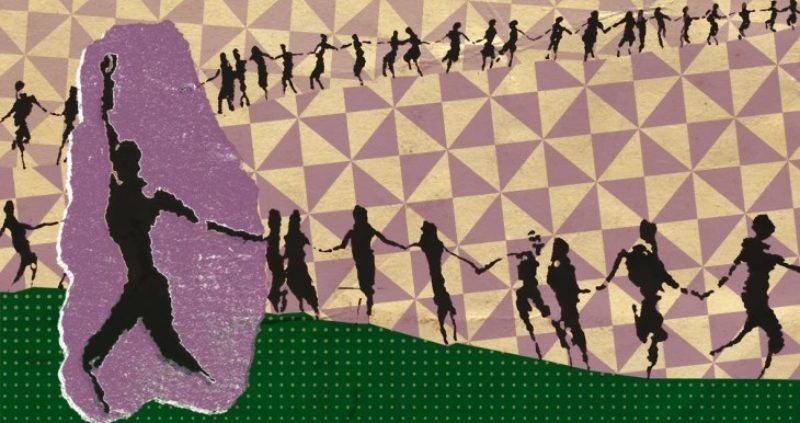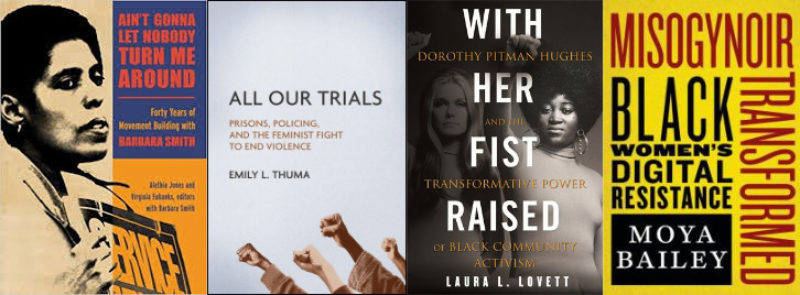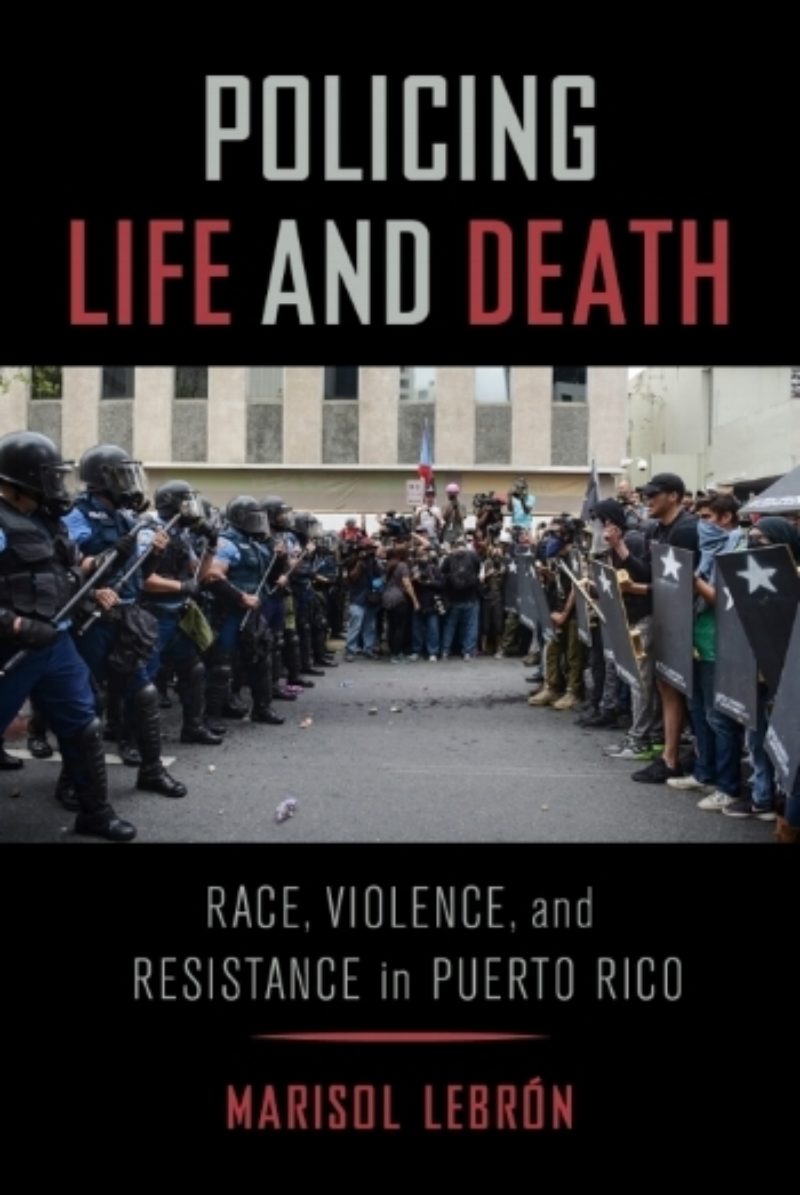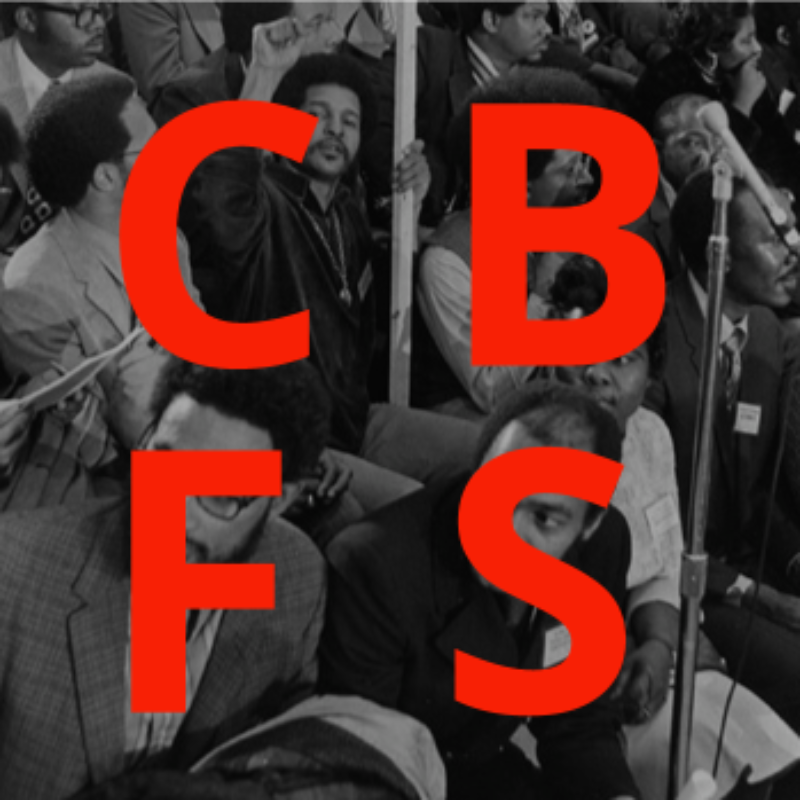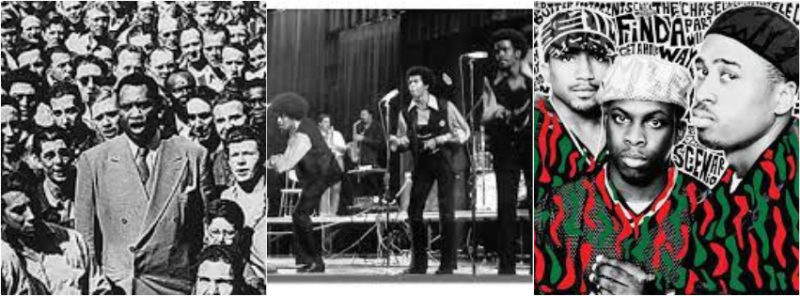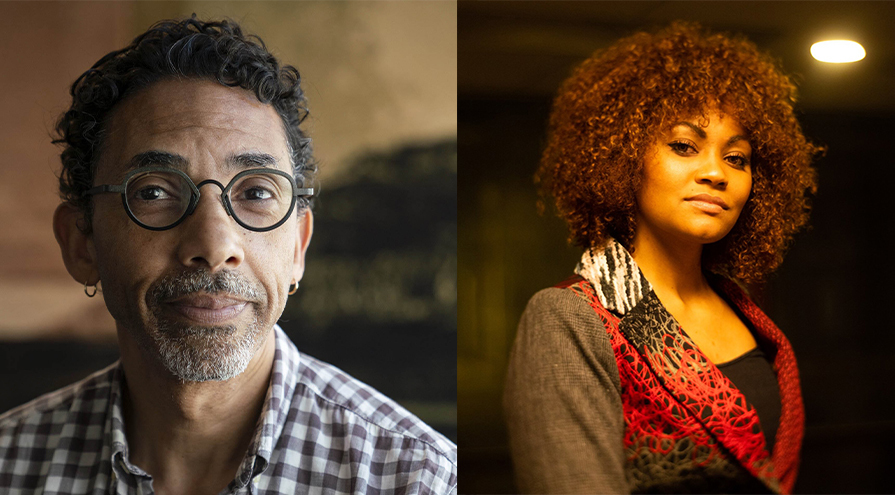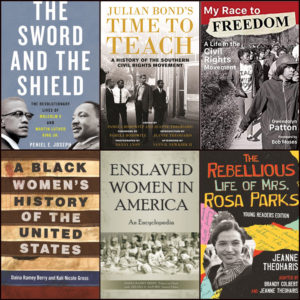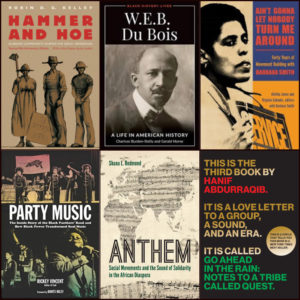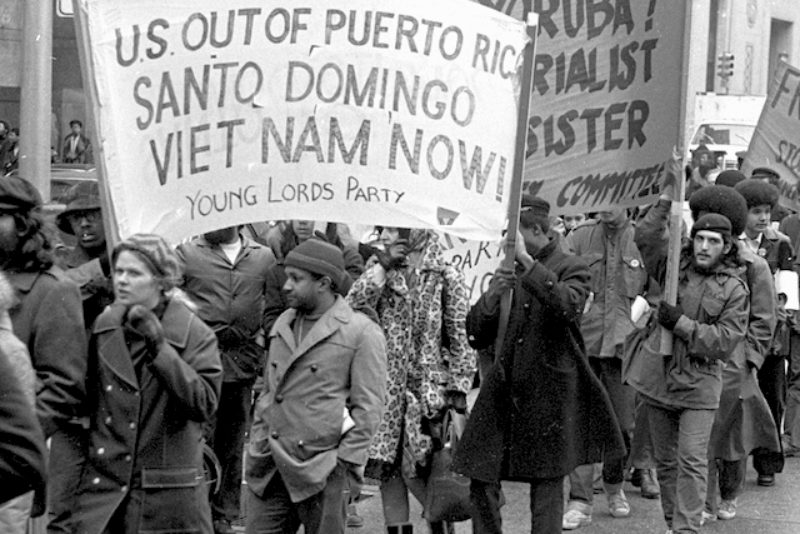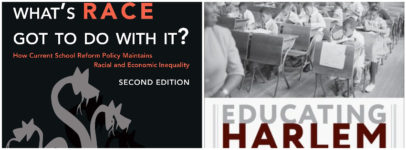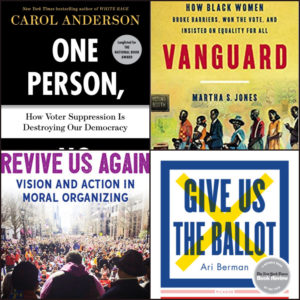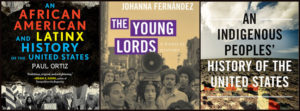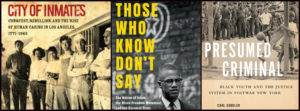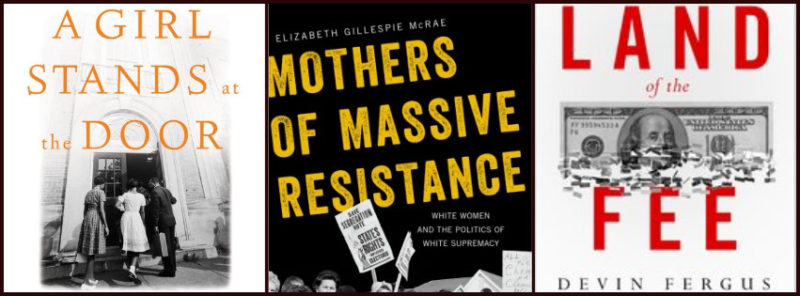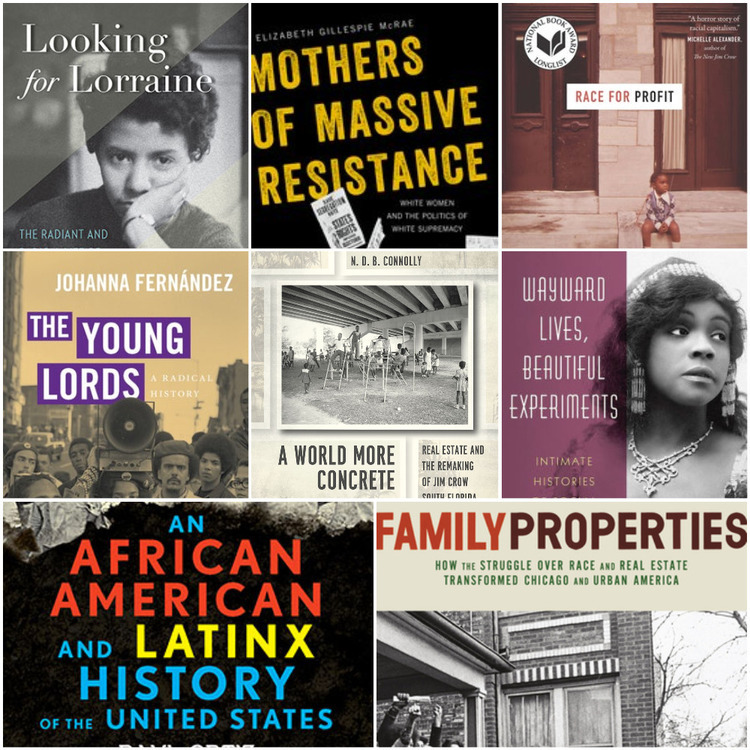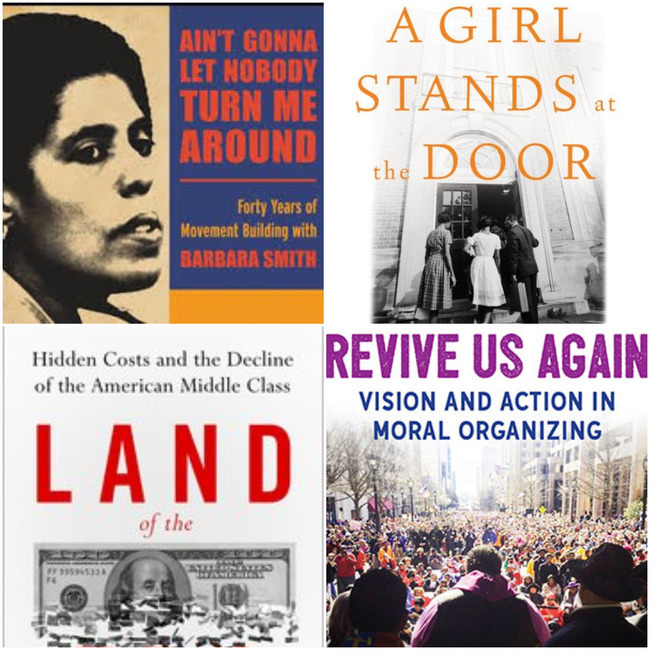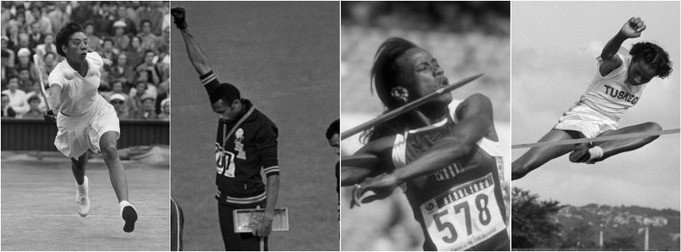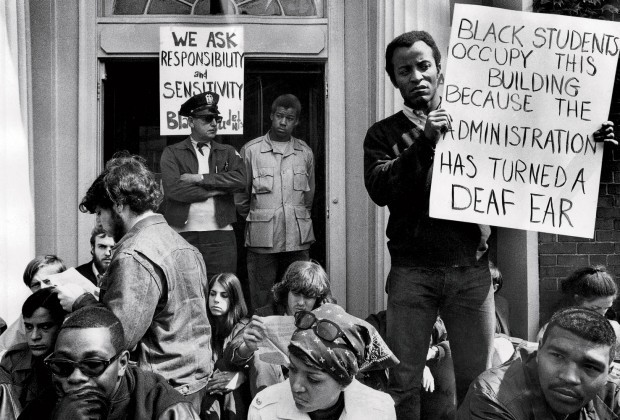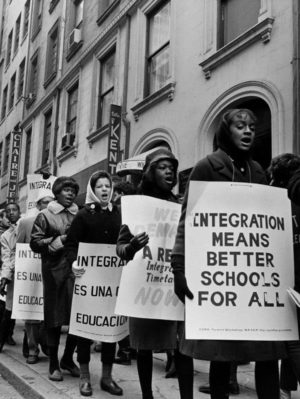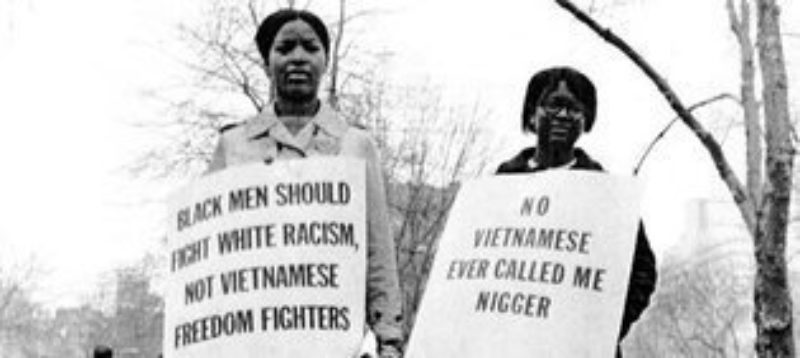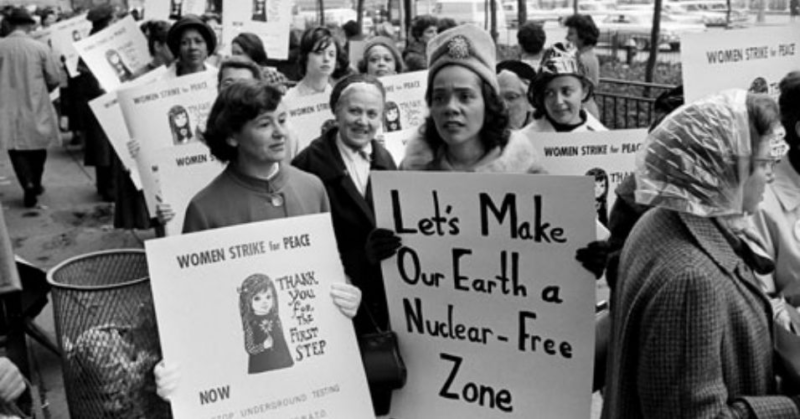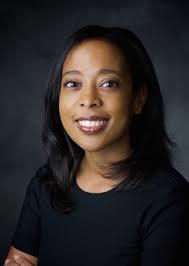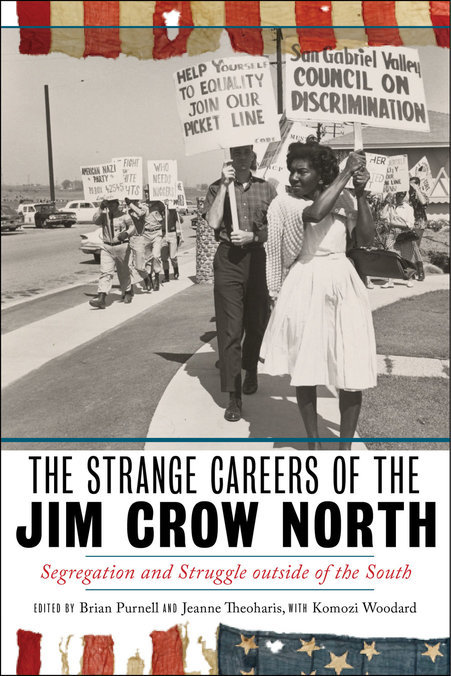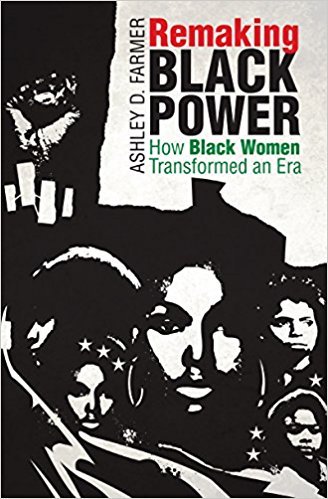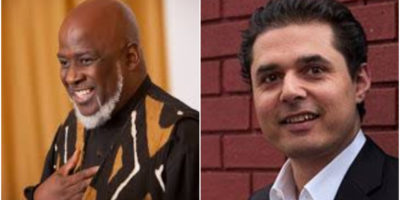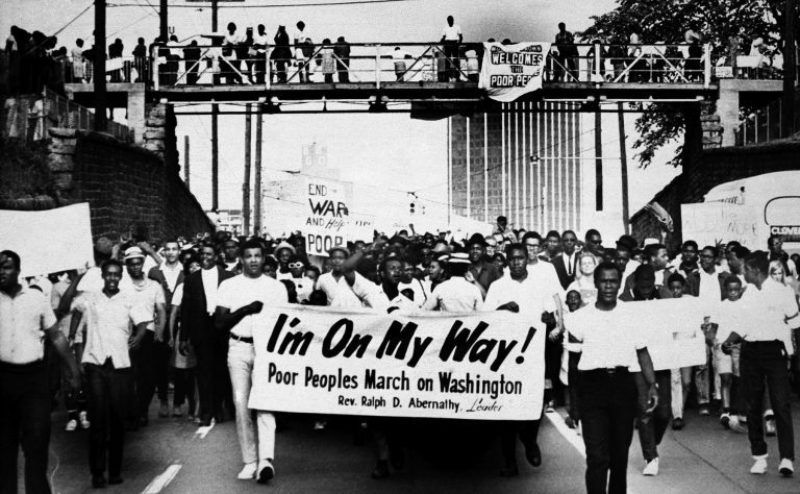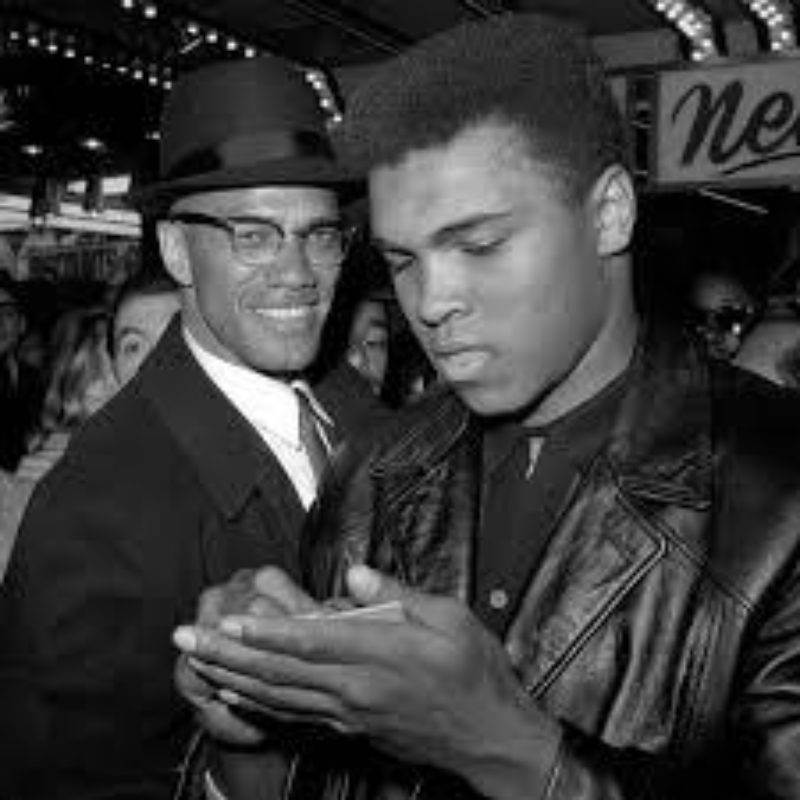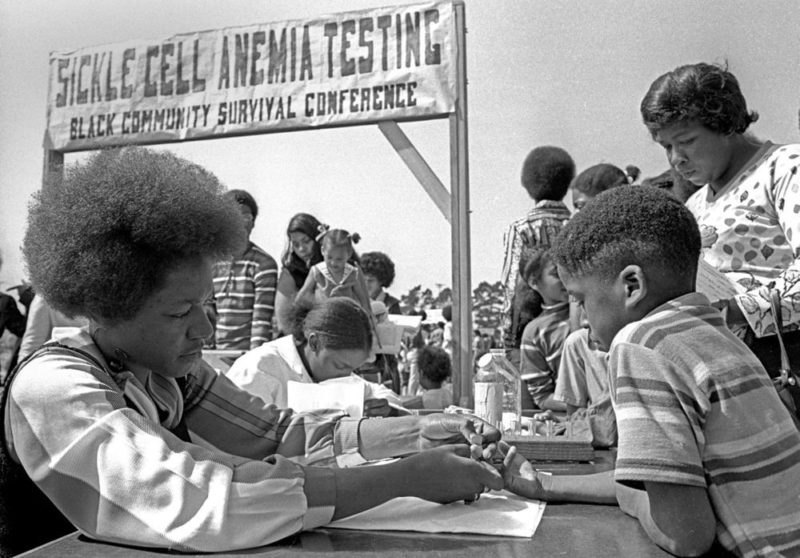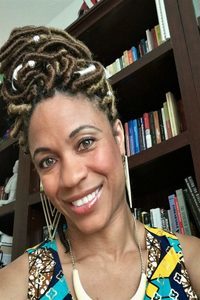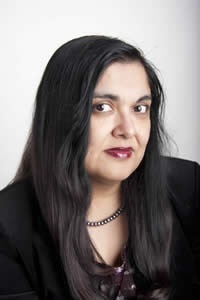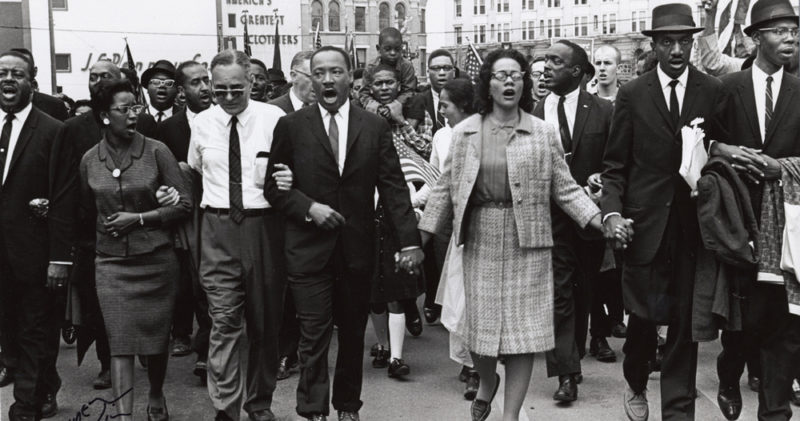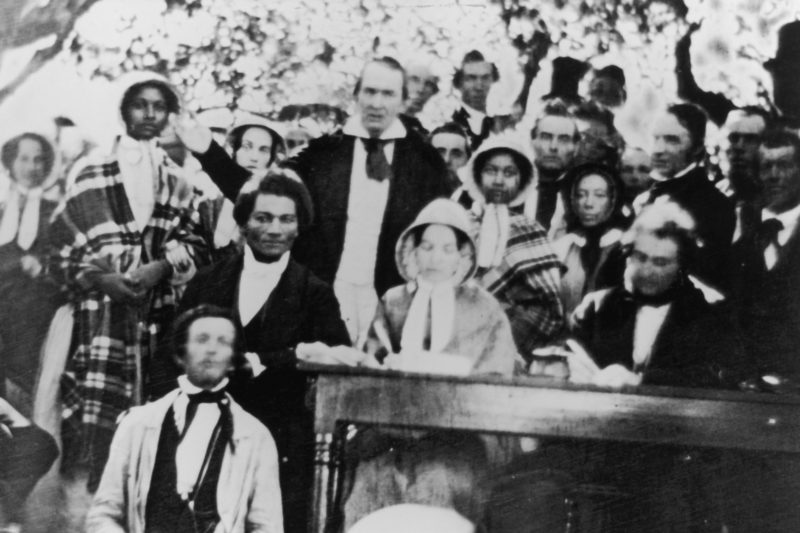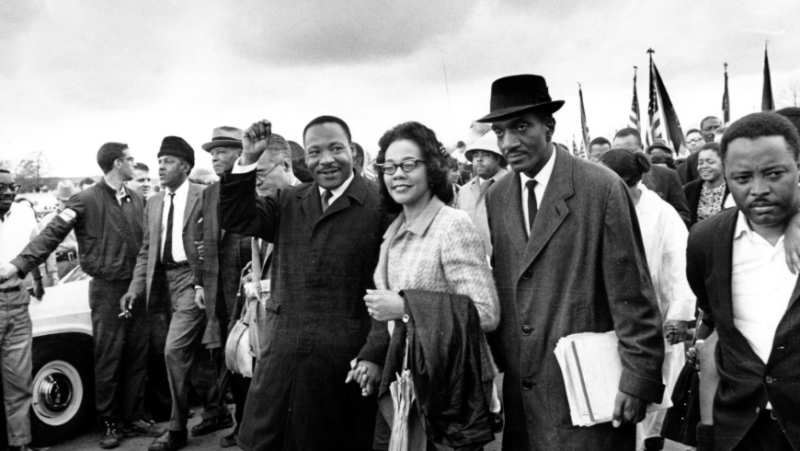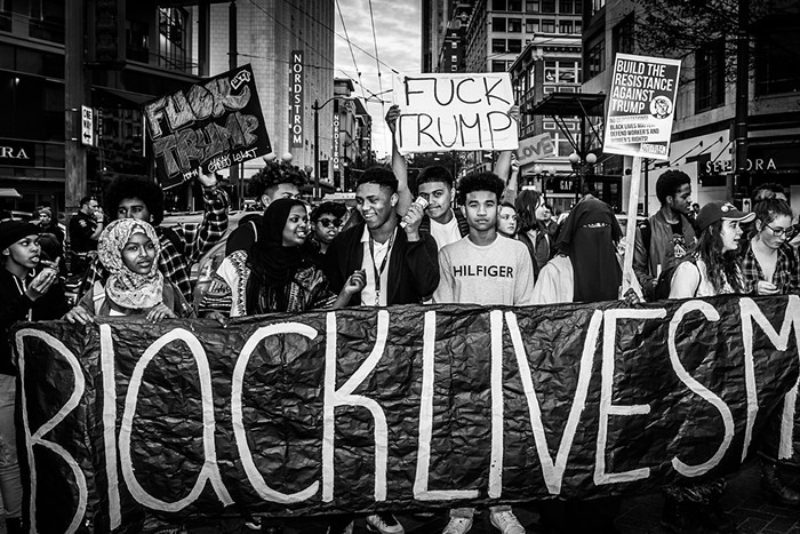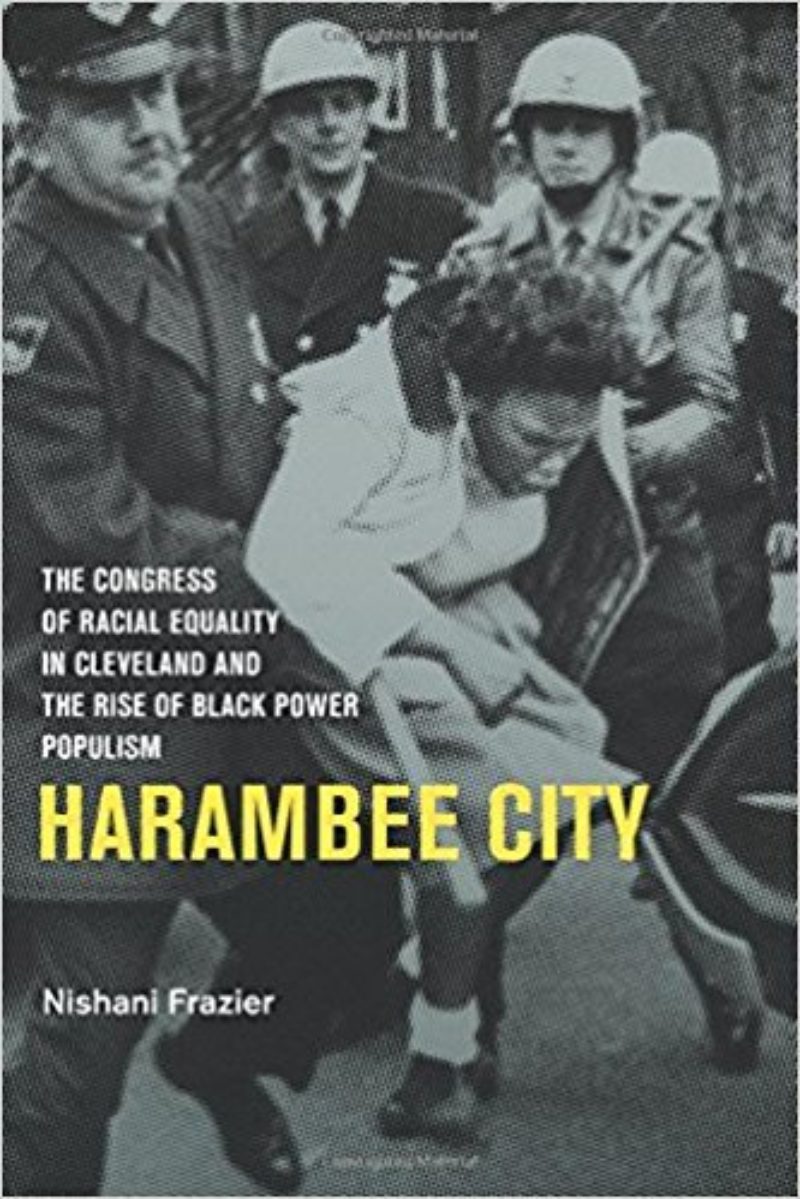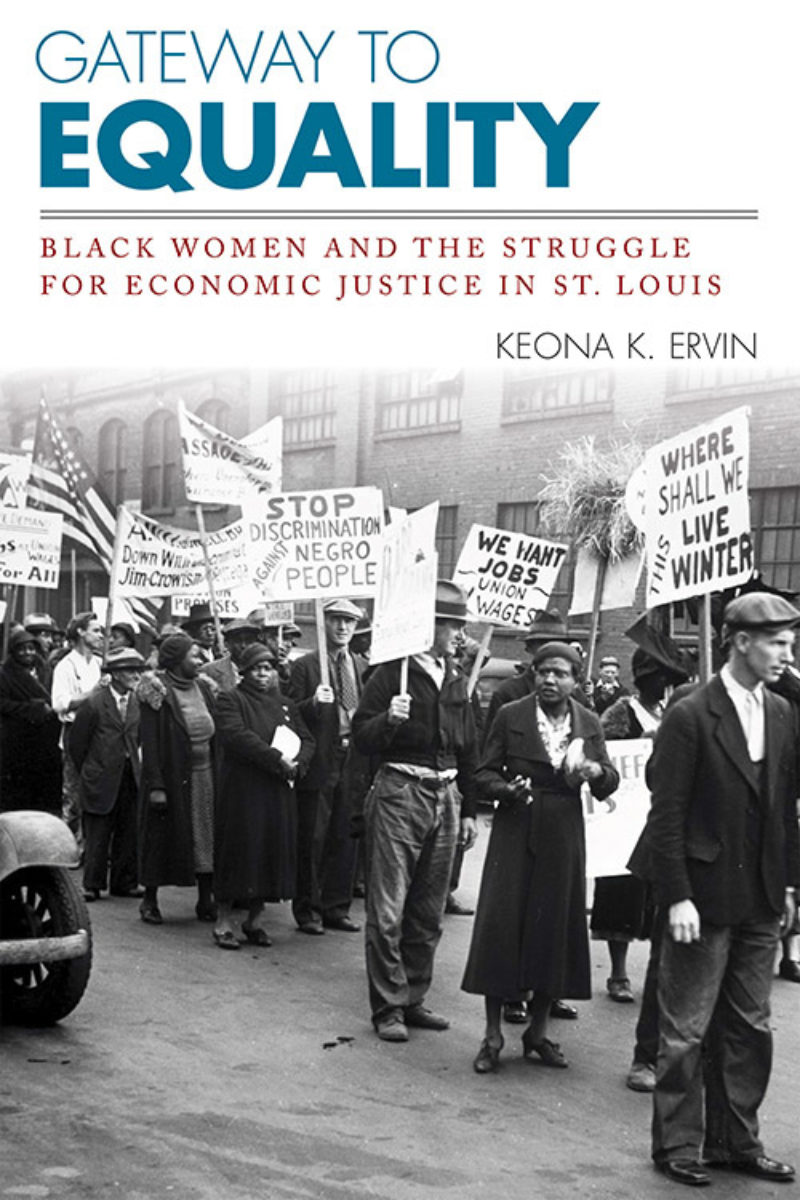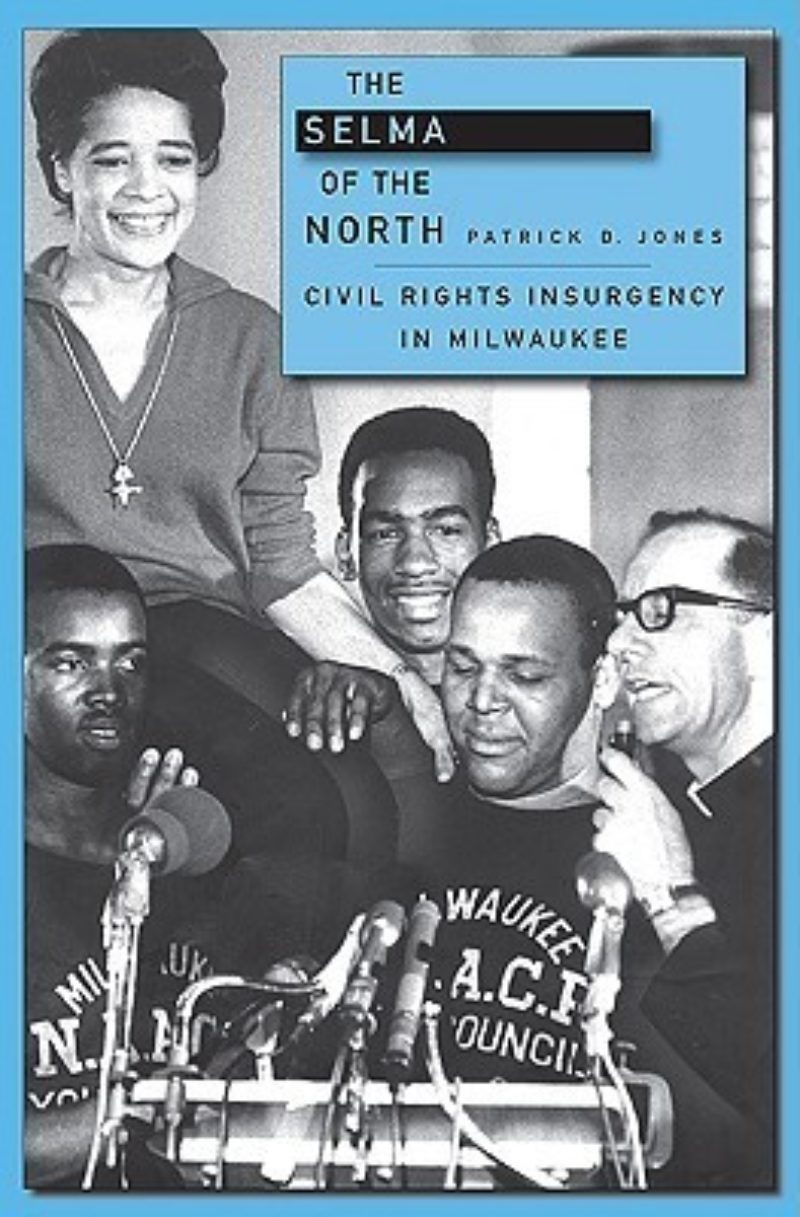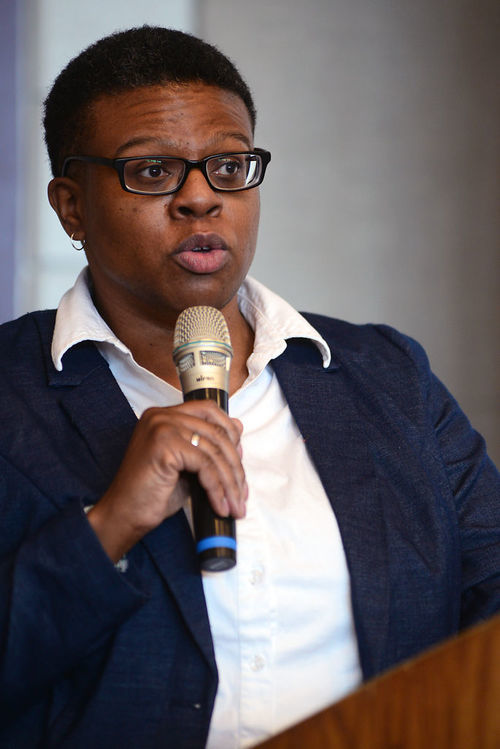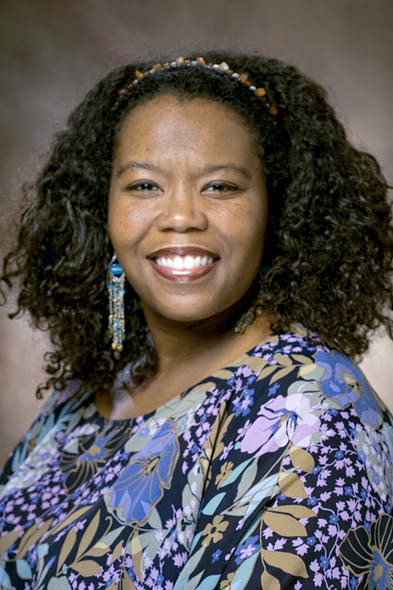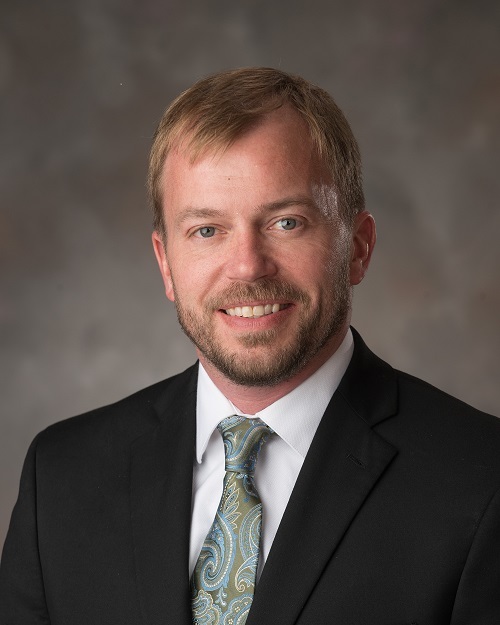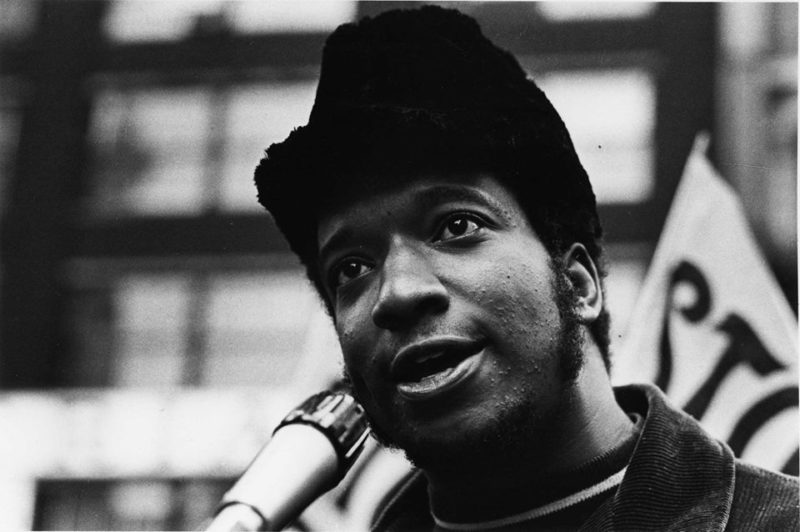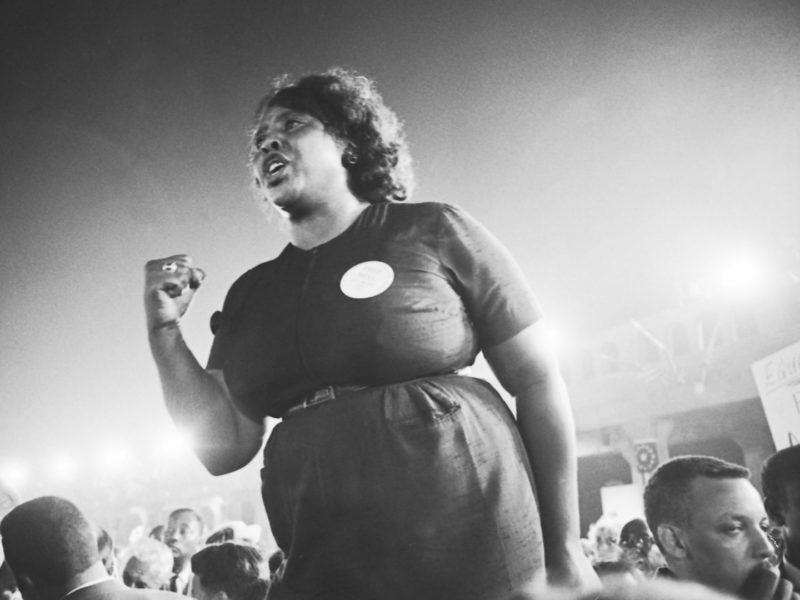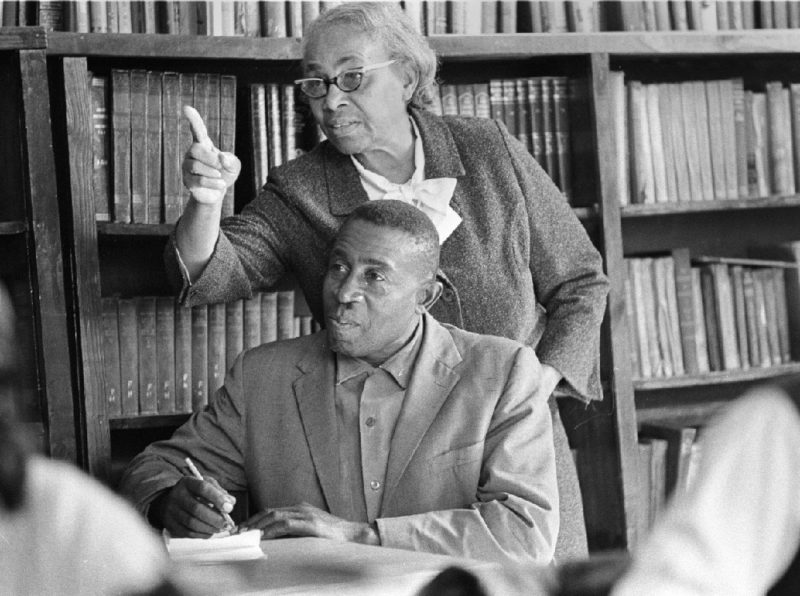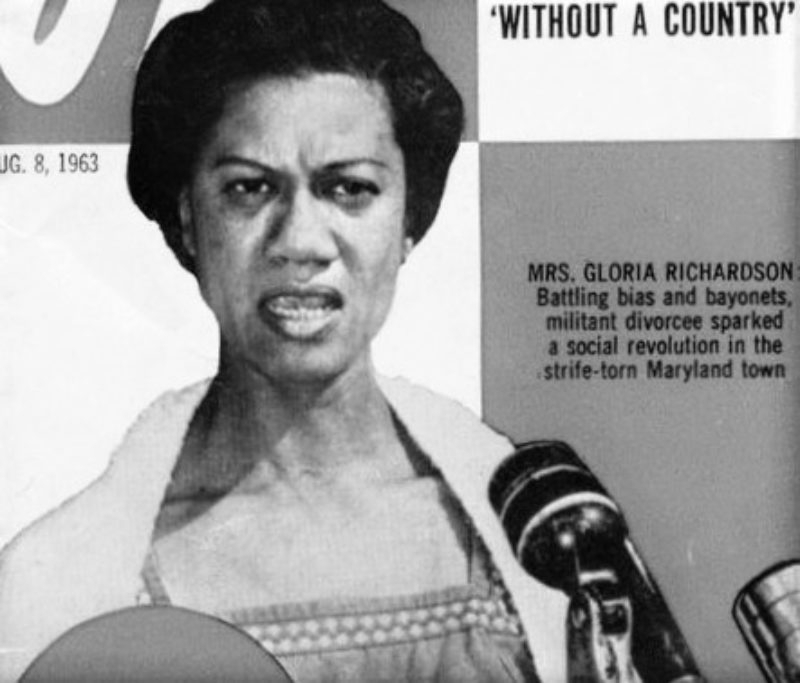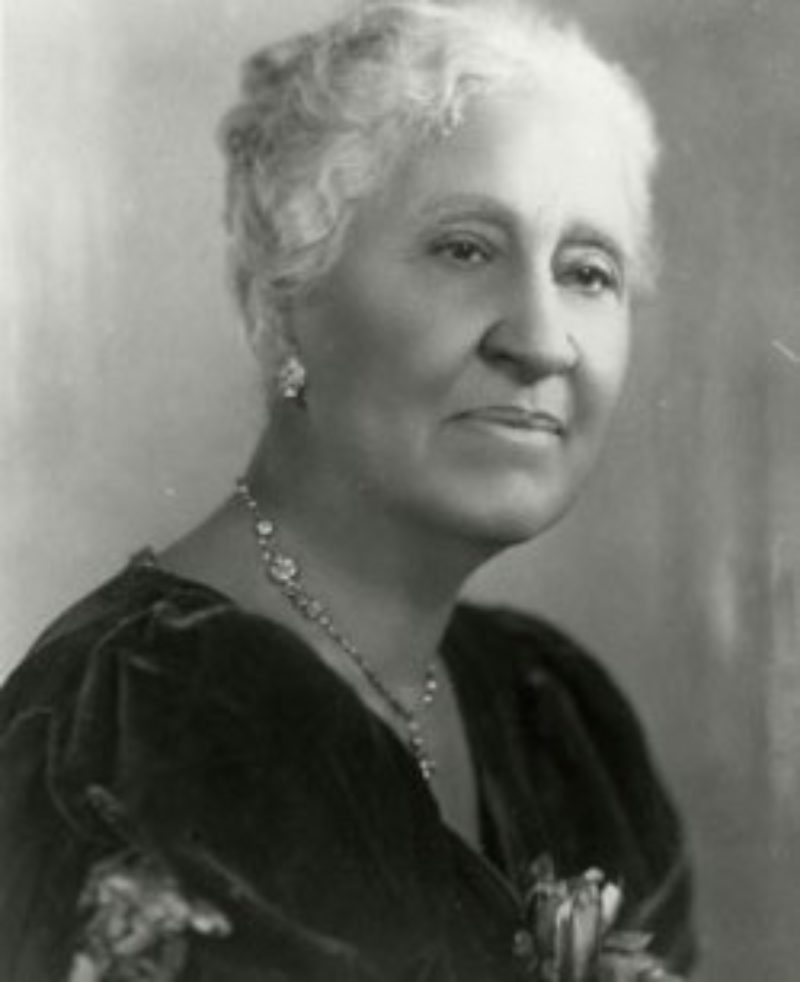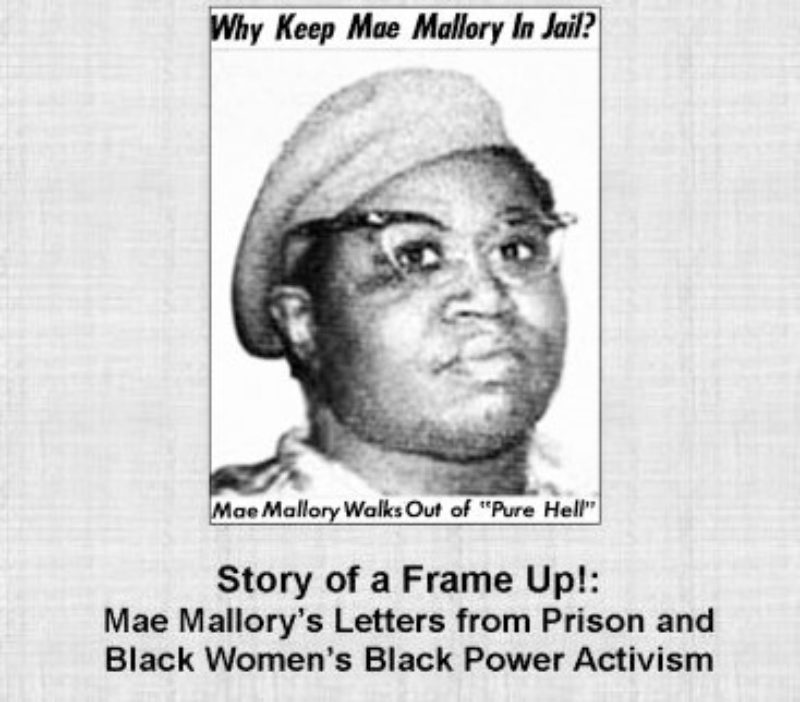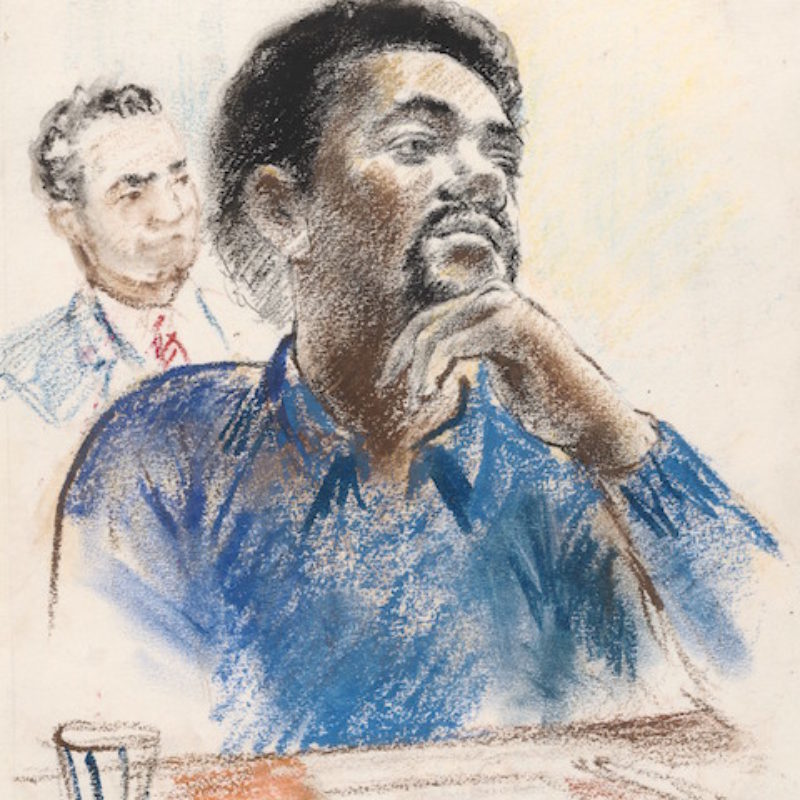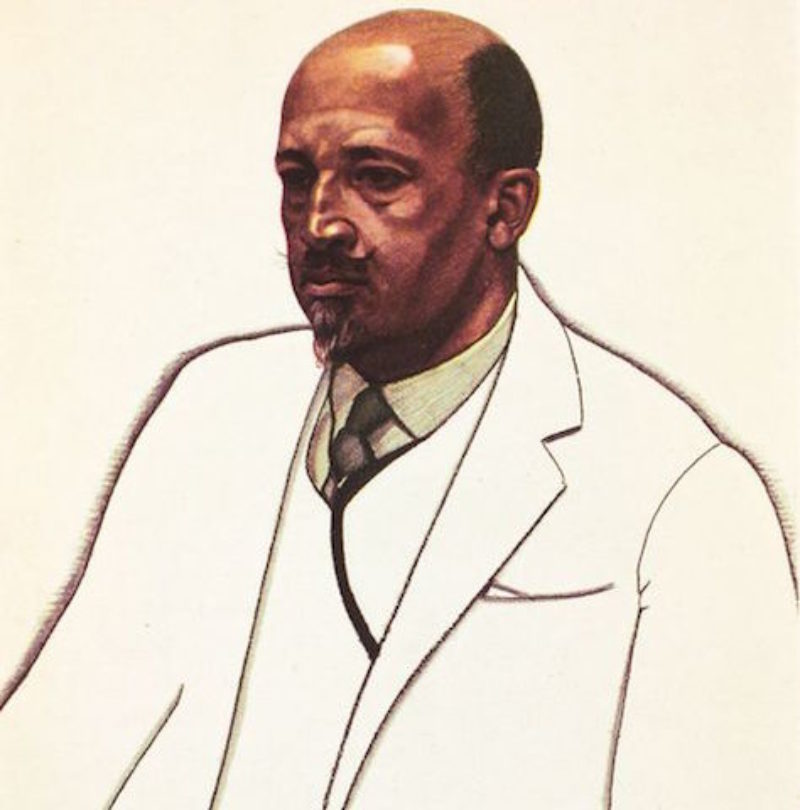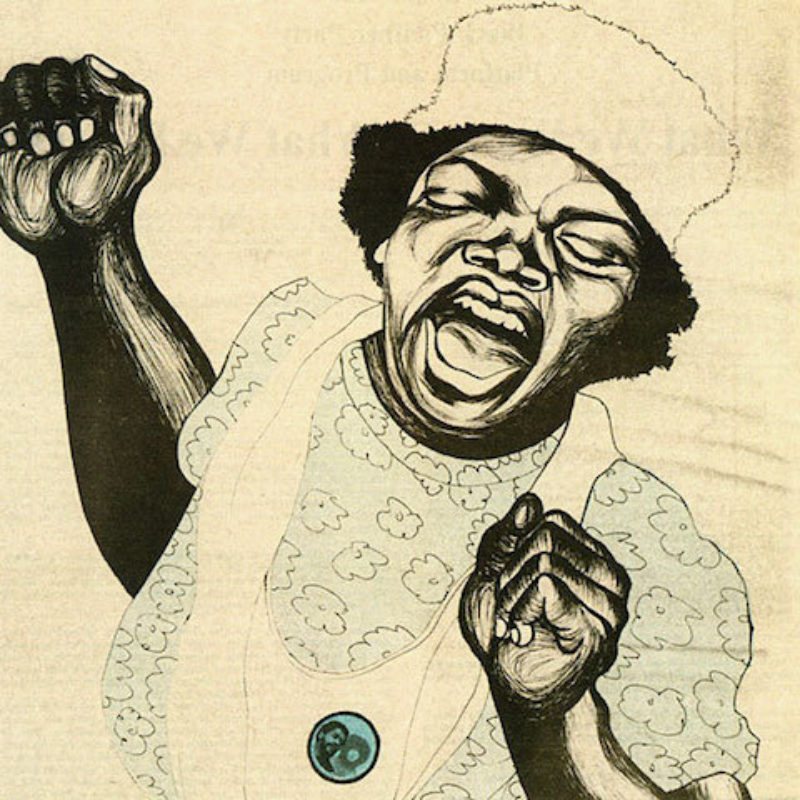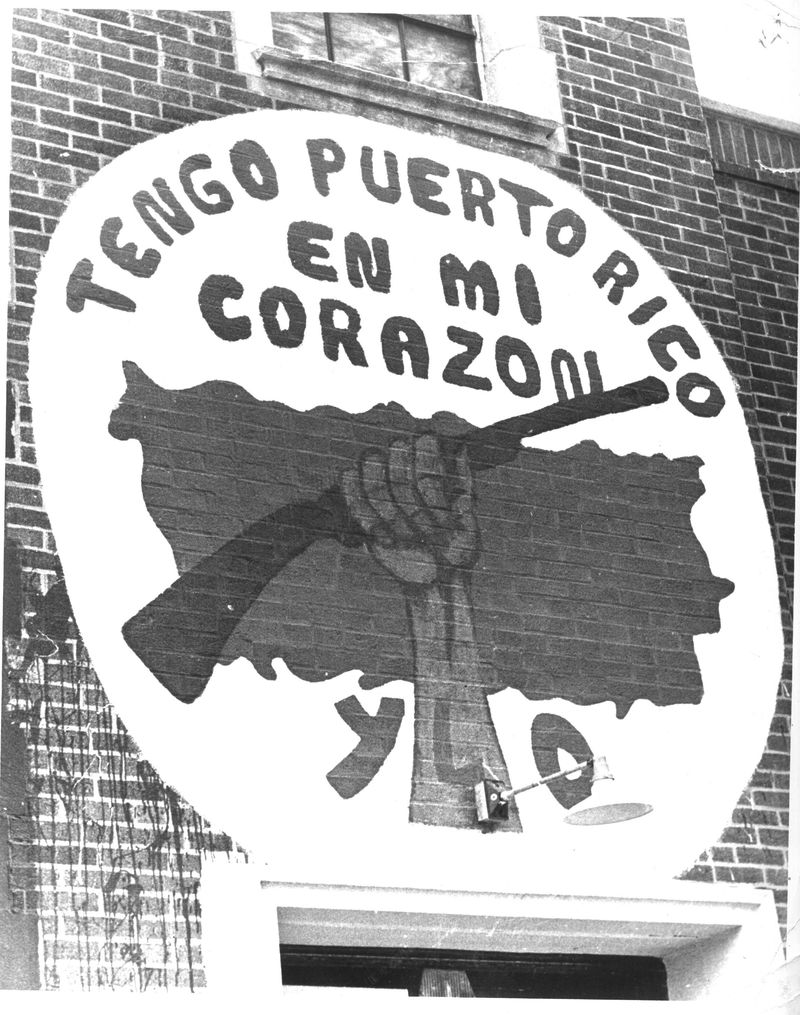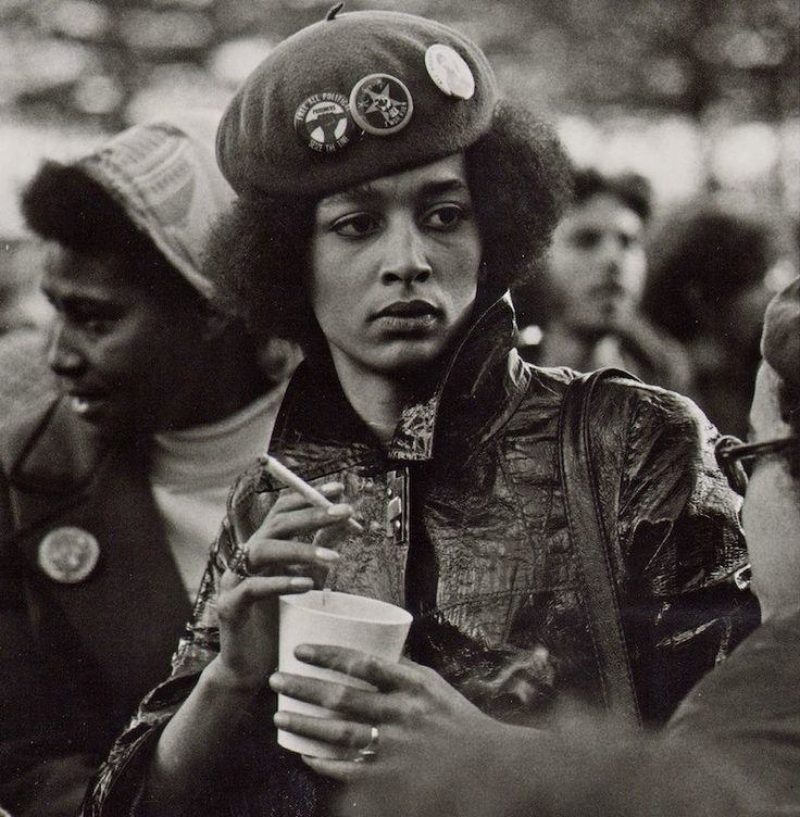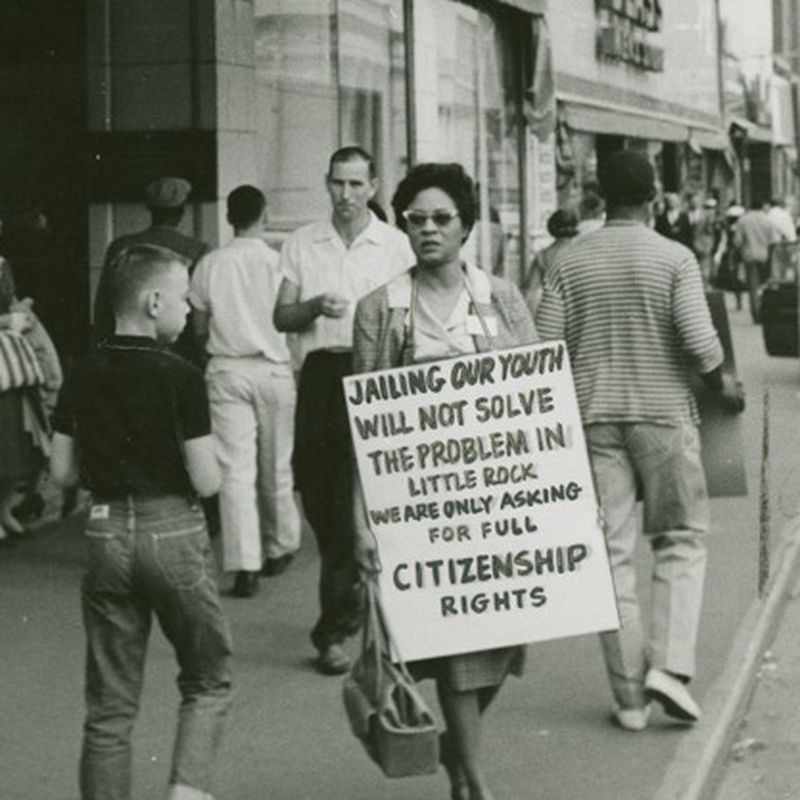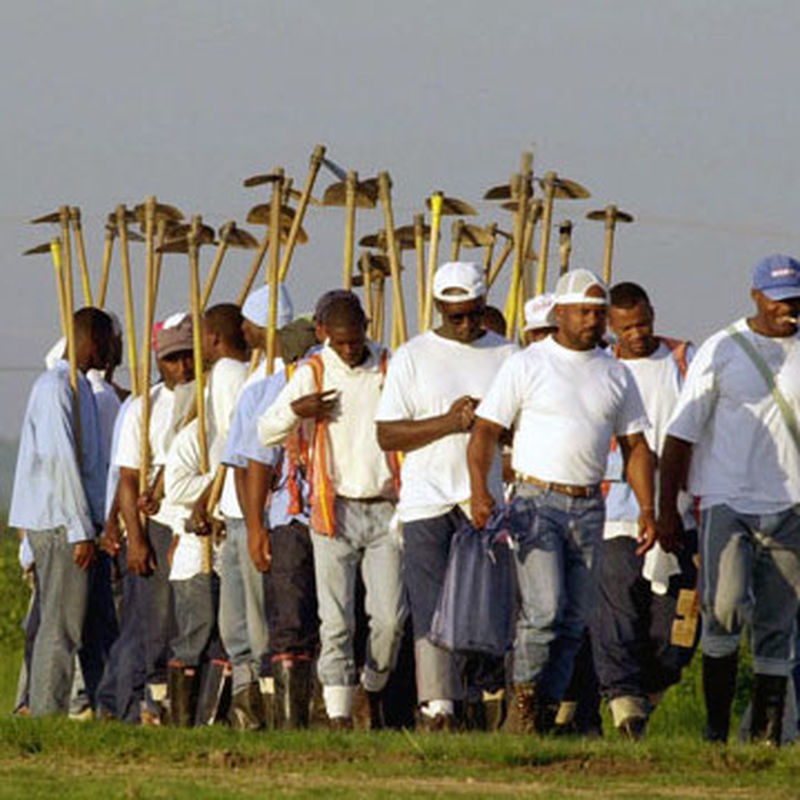April 03, 2018
In anticipation of our April discussion, 50 Years After the Assassination of Martin Luther King, we asked guests Mary Frances Berry, Thomas Jackson, David Stein, and Jeanne Theoharis to talk with us about their books, their research on King, and what lessons we might take from this history.
Conversations in Black Freedom Studies: As we approach our discussion marking 50 years since the assassination of Martin Luther King, can you tell us more specifically what your book is about?
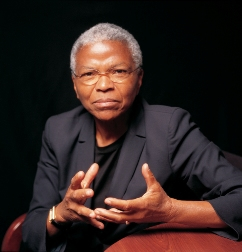
Mary Frances Berry: I wrote this book, History Teaches Us to Resist: How Progressive Movements Have Succeeded in Challenging Times, because my editor, reinforced by friends and colleagues after Trump’s election, argued that the public needed reminding of how and why resistance has succeeded and or failed in the past. And I felt I could provide that based on my experience in several movements and through my historical research. Though history does not repeat itself exactly perhaps we can learn something from history or at least be encouraged.
The book uses examples and stories about specific social movements that teach us the importance of protest as an essential ingredient of politics. The March on Washington Movement (MOW) was the only march to which a federal policy change could be directly attributed. A. Philip Randolph and the other women and men who organized it took lessons they learned from other protests and applied them to the future. The anti-Vietnam War movement succeeded in influencing the end of the war although at the time we thought we failed because the war continued so long. In the Reagan era the Free South Africa Movement (FSAM) was a major cause in obtaining sanctions, helping to free political prisoners including Mandela, and in overthrowing the apartheid regime. Civil Rights laws overthrowing Reagan’s attempts to turn back the clock and fighting his refusal to address the AIDS crisis, opposing Clinton’s Don’t Ask Don’t Tell and globalization policies, and Bush’s Iraq War were all the subject of major protests. The lessons learned then are about persistence. The FSAM campaign took a year of arrests, guerilla theatre, and marches, before Reagan vetoed the sanctions, and then continuing pressure before the legislation was passed over his veto.
The importance of doing something is central. I think of the disabled little girl who leaned out of her wheelchair and crawled up the stairs of the capital to push the Americans With Disabilities Act to final passage.
David Stein: My forthcoming book, Fearing Inflation, Inflating Fears: The Civil Rights Struggle for Full Employment and the Rise of the Carceral State, 1929-1986, describes fifty years of power struggles around unemployment. Many of the key questions that the book answers were forged in the years after the 2008 recession. As so many people were heaved into unemployment, relatively few people were demanding that the federal government step in and employ everyone who needed a job. That demand—which was at the heart of the Black freedom movement—was also relatively mainstream from the 1940s-1970s. So, I wanted to understand how and why those struggles were unsuccessful, what people and institutions stifled these efforts. I also saw how the fear of wagelessness was a core feature of the modern economy and impacted more people than those who were wageless themselves. This fear is one of the things that still keeps people from quitting jobs in the face of sexual or racial harassment, for example. To me, the economic profitability of this fear is a key reason why even movements as strong as the civil rights movement found their efforts at achieving guaranteed jobs or income to be such a difficult task.
Alleviating unemployment and wagelessness was a core feature of the March on Washington for Jobs and Freedom, and continued to be a significant part of the agenda for Dr. King in the years before his assassination. And after 1968, it became a central component of Coretta Scott King’s work, as she co-founded and led the National Committee for Full Employment and the Full Employment Action Council (NCFE/FEAC).
Jeanne Theoharis: I wrote this book, A More Beautiful and Terrible History: The Uses and Misuses of Civil Rights History, because I was increasingly dismayed at seeing the ways a national fable of the civil rights movement had become central to how the United States defined itself in the present. The book begins by examining the fable’s contemporary national uses, in particular putting the problem of racism and the struggle for Black freedom in the past and making the story of the movement one of American exceptionalism and the power of American democracy (almost as it we were destined to have a great civil rights movement). Exposing this became even more urgent as this fable has been weaponized against contemporary protest movements like Black Lives Matter which has been accused of being extreme and reckless and not going about it the right way like the civil rights movement did (when many of the criticisms of BLM are ones that were launched on the civil rights movement itself). The heart of the book looks at nine gaps and omissions in the fable and what a fuller history shows us: the movement in the North as well as the South; the role of ‘polite’ racism in maintaining racial injustice; how unpopular the civil rights movement was; how expansive its goals were (criminal justice, global justice, economic justice); and the variety of its leaders, particularly the roles of high school students and women.
Thomas Jackson: I wrote From Civil Rights to Human Rights: Martin Luther King, Jr., and the Struggle for Economic Justice, to rescue King from America’s political amnesia over his radical opposition to features of American political economy and culture that outlasted the civil rights era. “Militarism, racism, and materialism” was King’s shorthand for labor exploitation and the economic exploitation of segregated Black communities. By the time I published the book, King’s mid-1960s radicalization had been widely noted, at least among scholars and activists who remained committed to realizing his dreams of peace, equality, and an end to American apartheid. More than other writers, I argued that King was already radical by 1964, even as he tailored his messages to liberal or moderate audiences in the contexts of Cold War anti-communism and liberal reform. Just as King never initiated any of the local movements to which he lent his talents and resources, many of his ideas and policy demands came from the practical lessons emergent in local movements and from larger ongoing debates about racism and poverty in the national black freedom movement and the democratic left. In black churches, universities, seminaries, local voters’ leagues, NAACP chapters, and trade unions, a complex tradition of religiously inspired democratic socialism carried over from the 1930s and 1940s and survived the post-World War II Red Scare.
Further, King learned from a global network of “colored cosmopolitans” that African Americans’ freedom struggle was part of a worldwide human rights revolution. As early as the 1950s, he called for world disarmament and a global war on poverty. His opposition to the Vietnam War in 1965 emerged from this lifelong internationalism. In short, King must be restored to history as an American radical who was catapulted into leadership of a mass movement, not as a singular genius, nor as someone who rose up suddenly against poverty and war when cities burned and Vietnamese villagers fled American napalm in 1965. King did not discover democratic socialism by going to Norway and Sweden in 1964. But King repeatedly cited these egalitarian societies as yardsticks for what the United States might become if it could muster the will to wage a real war on poverty. Few in the media or government heeded this message, in part because many powerful cultural gatekeepers, then and now, sought to limit his leadership to that of a southern civil rights leader and simple champion of nonviolence. King never consented to being straightjacketed as a “consensus leader,” but the contest to define his core beliefs and his legacy continue.
CBFS: All of you write about organizing for change, be it political, social, or economic. You tell histories previously unwritten as well as history reconsidered. Can you share with us the story of a King-related campaign that our readers might not be familiar with?
Mary Frances Berry: Much of the importance of Martin Luther King lies in the work done in his name, by Coretta, after his assassination. The King Holiday and the Humphrey-Hawkins Act are some often overlooked examples. When Clinton embraced “Don’t Ask, Don’t Tell,” LBGT groups asked Coretta to publicly denounce the idea. She and I talked, as we did at such times, and asked each other the usual two questions: What would Martin do (because she didn’t want to besmirch his memory in any way), and what would Martin say to keep the protest tradition alive and moving forward? She understood as well as he did, and sometimes better, what was necessary for human rights. Though the “men who had been with Martin” (except Joseph Lowery) said she shouldn’t get involved because it wasn’t Martin’s issue, she knew better. I went to Atlanta to stand with her as she announced her opposition to “Don’t Ask Don’t Tell” and her support for gays in the military.
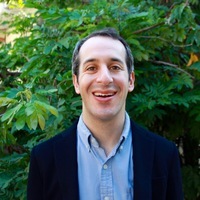
David Stein: I’m thrilled that Professor Berry brought up Coretta’s role in the Humphrey-Hawkins Full Employment Act, which is a significant part of my book. In a sense the seeds of that struggle were planted the decade before with the March on Washington, and then the campaign for a Freedom Budget for All Americans, which was led by Bayard Rustin, A. Philip Randolph, and Leon Keyserling. Dr. King was a strong supporter of the Freedom Budget, writing the foreword to the pamphlet edition of it. As he explained, “the long journey ahead requires that we emphasize the needs of all America’s poor…we shall eliminate unemployment for Negroes when we demand full and fair employment for all.” Dr. King was interested in ensuring that this went beyond organizing pamphlets and moral pronouncements from politicians. He wanted policy change. As he put it, “it is not enough to project the Freedom Budget. We must dedicate ourselves to the legislative task to see that it is immediately and fully achieved.” In large measure Coretta Scott King was the person responsible for carrying out such an effort over the next decade as she fought for what would become the Humphrey-Hawkins Full Employment Act.
In her activism to support what would become that law, among many other things, she helped bring together Full Employment Action Week in September 1977. Her coalition organized actions in 300 cities across the country in which 1.5 million people took part. In Erie, PA, 40,000 people came to the full employment parade, which included 130 floats. Think about that—130 floats at a full employment parade in Erie. Can we imagine such an effort today? 60,000 people came to a 24-hour vigil in Buffalo. This is just a smattering. Coretta was a visionary organizer in her own right. As she put it, “I am not a ceremonial symbol—I am an activist.”
Millions of people have jobs right this second that they likely would not have if it were not for Federal Reserve’s mandate to facilitate maximum employment. This is what Coretta Scott King fought for. During Full Employment Action Week, she asked: “What good is the legal right to sit in a restaurant if one cannot afford the price of food?” But she would also insist that we not just celebrate her achievements. The Humphrey-Hawkins law said that “every effort shall be made to reduce those differences between the rates of unemployment among youth, women, minorities, handicapped persons, veterans, middle-aged and older persons and other labor force groups.” When we look at the discrepancies between the general unemployment rate and that of Black workers, transgender workers, formerly imprisoned people, and those most discriminated against in the labor market, we see clearly that this key provision not been achieved.
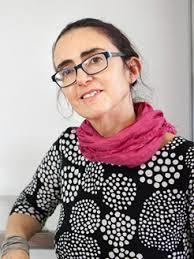
Jeanne Theoharis: How lucky I am to be part of the conversation because I too have been thinking about what it means to center Coretta Scott King in this 50th anniversary year of King’s assassination. Coretta Scott King was arguably more political than Martin when they met and influenced his politics over their marriage —particularly his decision to come out publicly against the Vietnam War in 1967. She had been publicly against it for years and, upon his receiving the Nobel Prize in 1964, believed he now had a different responsibility to the world, and begun urging him to come out against US involvement in the war. When she gave a speech against the war in late 1965, a reporter questioned her husband whether he educated her and King said very pointedly, “No, she educated me.” Coretta Scott King is typically remembered for the ways she maintained and guarded his legacy—but perhaps the most important way she did that was making it a living legacy—extending the work on economic justice and global justice. In fact the FBI extended its surveillance of her for years after his assassination, fearing the ways she was tying the civil rights movement to the antiwar movement.
But perhaps one of her most courageous moments comes much earlier on. In January 1956, five weeks into the bus boycott, their house is bombed with Coretta and baby Yolanda in it. This was an attempt to destabilize King and the movement. And both Coretta’s dad and Martin’s dad come down to Montgomery to insist at the very least that she and the baby leave. She refuses and continues on. The trajectory of the bus boycott and the emerging civil rights movement might have been very different if Coretta Scott King had flinched in that moment.
Thomas Jackson: I am guessing that many people are familiar with the economic aspirations within the Southern voting rights movement, with the broad program of the Chicago Freedom Movement of 1965-1967 (the period of King’s involvement), with King’s vocal opposition to how the Vietnam War diverted national attention and resources from the war on poverty, and with the fact that he was murdered supporting striking sanitation workers in Memphis while organizing a Poor People’s March on Washington. King’s lifelong involvement with labor unions in pursuit of a civil rights labor coalition has been the subject of fine work by Michael Honey. The Poor People’s March, however, still suffers from the condescension of the media of the day, and many subsequent biographers and historians of the freedom movement. Although the male leadership was in almost constant conflict, and although Resurrection City became a logistical and public relations nightmare that arguably diverted energies away from the kind of civil disobedience King envisioned, women such as Coretta Scott King, Marian Wright Edelman, and leaders of the National Welfare Rights Organization offered clear and penetrating criticisms, not only of a high unemployment, low wage economy, but of an increasingly punitive welfare “reform” program.
I think it is also important to appreciate Coretta Scott King’s congressional testimony in favor of the King Holiday in 1979. While many Holiday sponsors colluded in presenting King, in Vincent Harding’s phrasing, as “a harmless dreamer of black and white children on the hillside,” Coretta Scott King insisted that the nation finally had an opportunity to shed sustained light on the long shadow of slavery, and to honor a man “who gave his life in a labor struggle.”
CBFS: Given the continuing struggles for racial and economic justice today, how does this history help us understand or act in our current moment?
Mary Frances Berry: The work of ending racial injustice remains complicated. There’s the unfinished legacy of the Poor People’s Campaign and the not yet successful efforts at ending police violence and reforming the criminal justice system and protecting the right to vote and ending unequal education. The history tells us that voting and running for office is good and necessary but having elected officials is not enough. The lessons we have learned include that we must organize around policy issues not just individuals. It is not about celebrity or fame. Social media doesn’t make it really any easier to win in the end. It’s easier to get in touch but it’s also easier to be under opposition and government surveillance and to spread misinformation. To make change we must keep it simple. Be persistent and willing to sacrifice and stand by principle. A movement must have moral authority. Now, as then, the media won’t cover you if you don’t do something. Also, marches by themselves are insufficient. The poor people’s campaign was not just a march but an encampment. The Free South Africa Movement and anti-war protests were marches and more. Someone must be willing to be confrontational, to go through the fire. Resistance works to raise consciousness about issues even when change does not immediately follow.
David Stein: These struggles are unfinished. When I look around today at organizations from the Black Youth Project 100 to Critical Resistance to Center for Popular Democracy, I see groups that are continuing to fight for the goals of the Black freedom movement. The March on Washington included demands for guaranteed jobs and an end to police brutality—two of the most urgent issues on our contemporary agenda. Understanding this history can both inspire us to achieve these unfulfilled goals and also provide a sense of what type of power will be necessary to do so. The latter point is daunting. But an appropriate power analysis is a necessary starting point for any struggle.
Jeanne Theoharis: The title of my book comes from James Baldwin: “American history is longer, larger, more various, more beautiful and more terrible than anything anyone has ever said about it.” This history is far more sobering than we knew but also more beautiful—giving us more for how we struggle today. When we move from iconizing movements like the Montgomery bus boycott to actually studying and learning about them, we can see the importance of anger and disruption, of building long-term grassroots networks, of multiple tactics encompassing legal strategies, economic strategies, and grassroots organization, and of the power of collectivities in action in terms of expanding what seems possible. And in seeing and learning all these things, we can see how to do it again. It shows us the way forward in important ways.
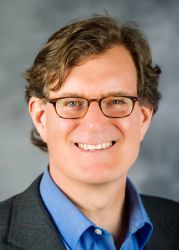
Thomas Jackson: I can’t improve much on Jeanne’s final chapter on the “lessons” of the full history of the movement, nor on Mary’s lucid treatment of resistance to misguided presidential policies, nor on David’s groundbreaking work on full employment. I do think King and his circle are worth remembering for the breadth and experimentation of their strategies. Oppressed people need hope, inspiring victories, and homegrown leaders skilled at mobilizing people for protest and for sustained organization around the power of the vote. Above all, King would insist, they need allies. King’s coalitions were never stable nor able to muster the concentrated power to end the war or escalate the war on poverty. But they won signal victories, and continued to, most notably perhaps in 1974, when Shirley Chisholm’s leadership made possible a broad coalition behind realizing a central demand of the 1963 March on Washington: Inclusion of domestic workers in minimum wage protections.
The debates and dilemmas of the 1960s are worth recalling if only to help us think through our own. How do we balance local organizing and national and state policy advocacy? How do we help empower poor people collectively and economically when (then and now) most social policy debate is devoted to stabilizing “middle class security?” Can coalitions among people of color address the economic needs and psychic defenses of socially isolated poor whites? Are there opportunities for reviving religious social action to counter the power of conservative evangelical churches, or are progressive energies best fostered among less religious millennials involved in BLM or LGBTQ organizing?
King and his generation made use of historically unprecedented opportunities, and they could not have predicted how much issues of mass immigration, mass incarceration, or global warming would intersect with and complicate their agendas. One thing I most admire about King is that he repeatedly sought to open dialogue with his enemies, and never stopped listening to young people and the people who went to “No House” as well as Morehouse.
Continue reading
